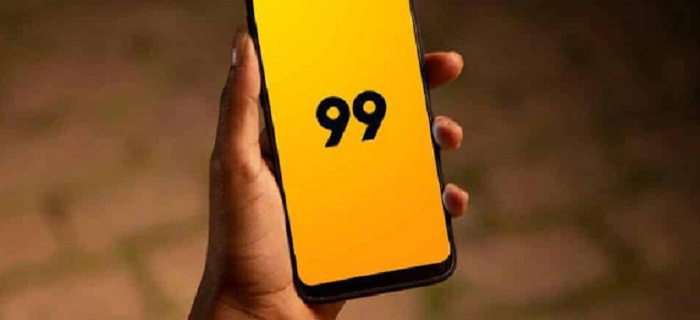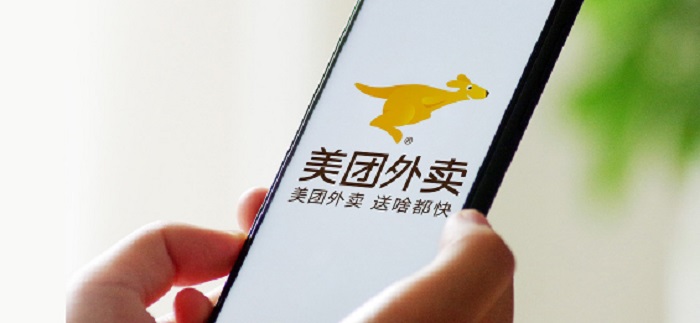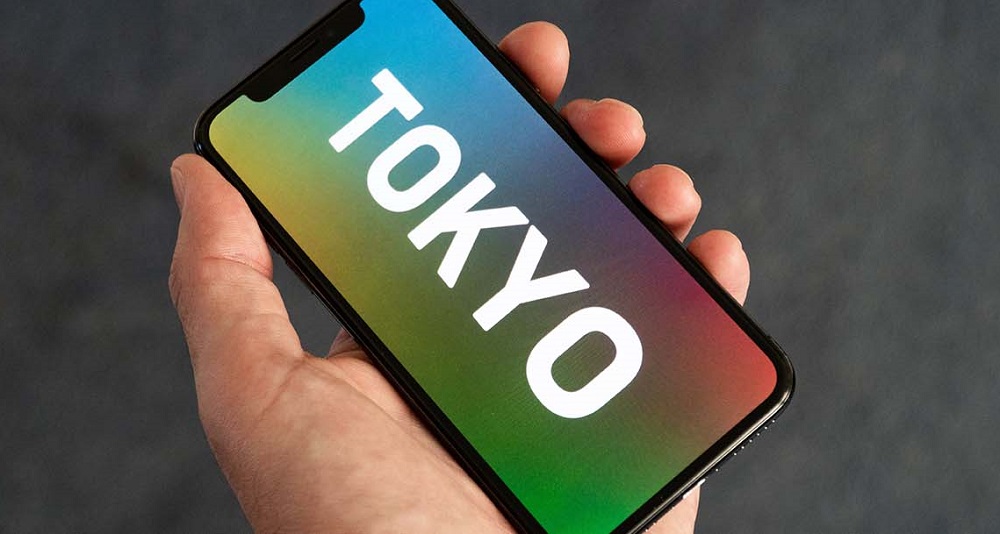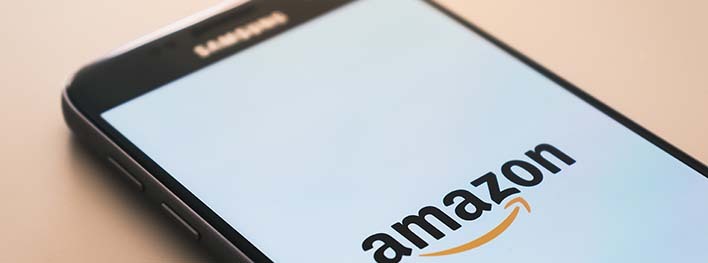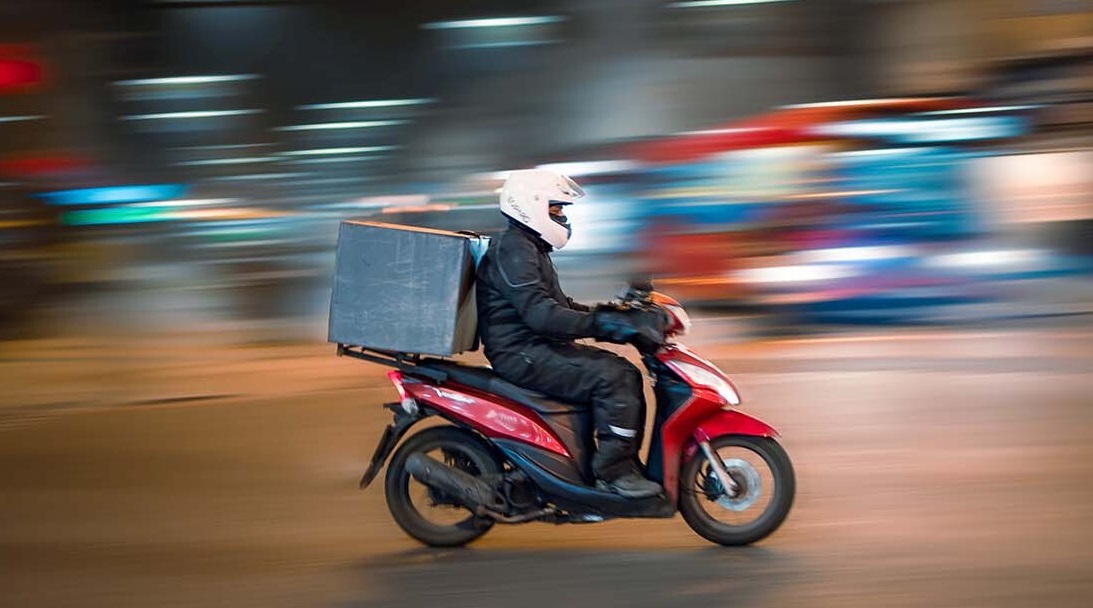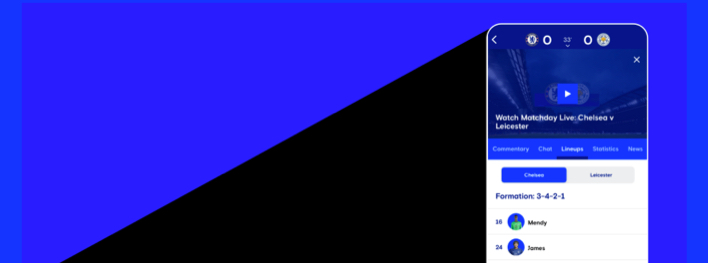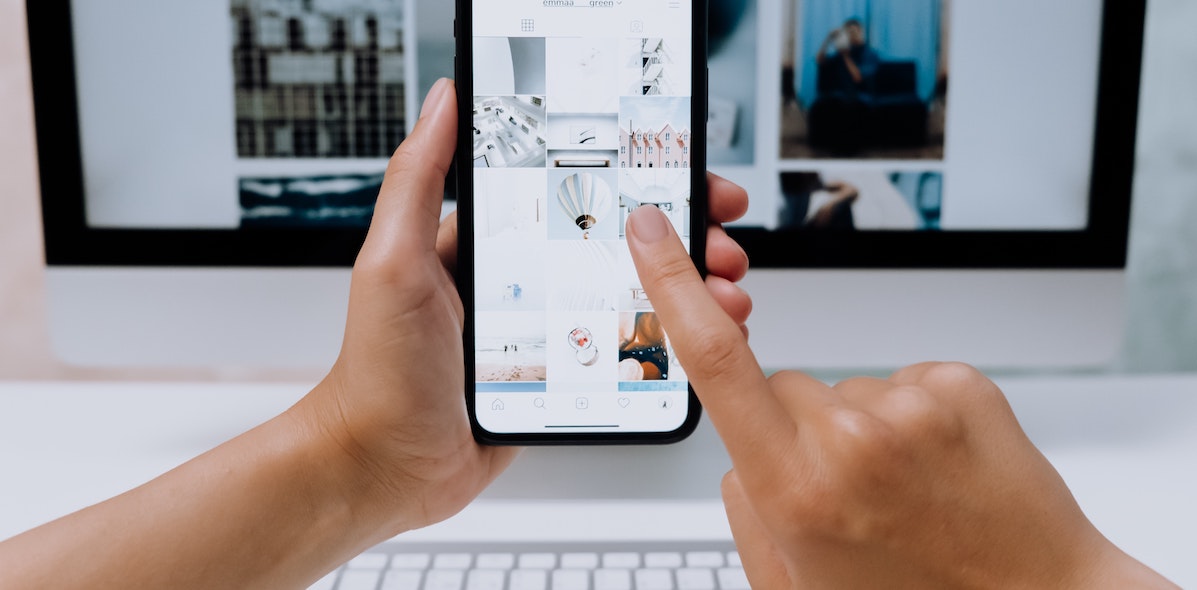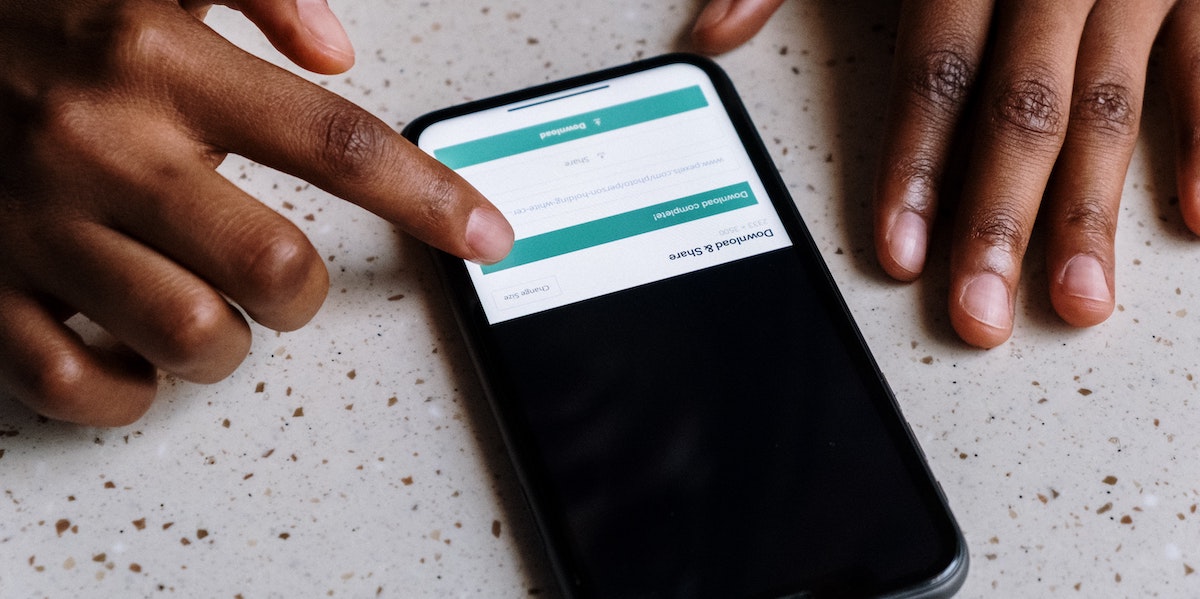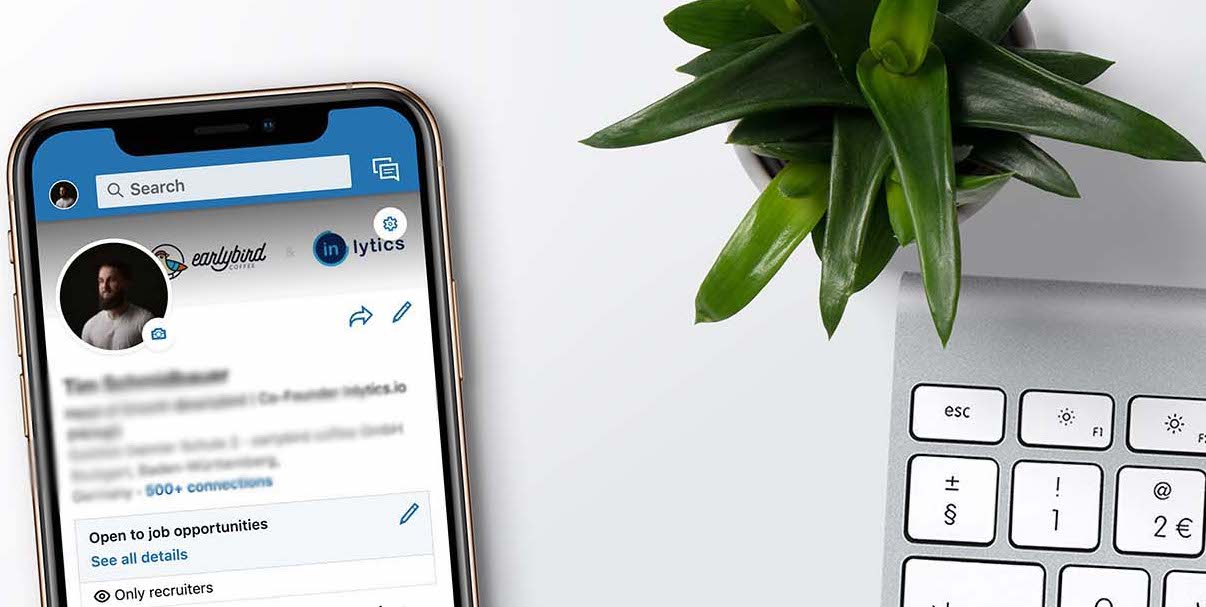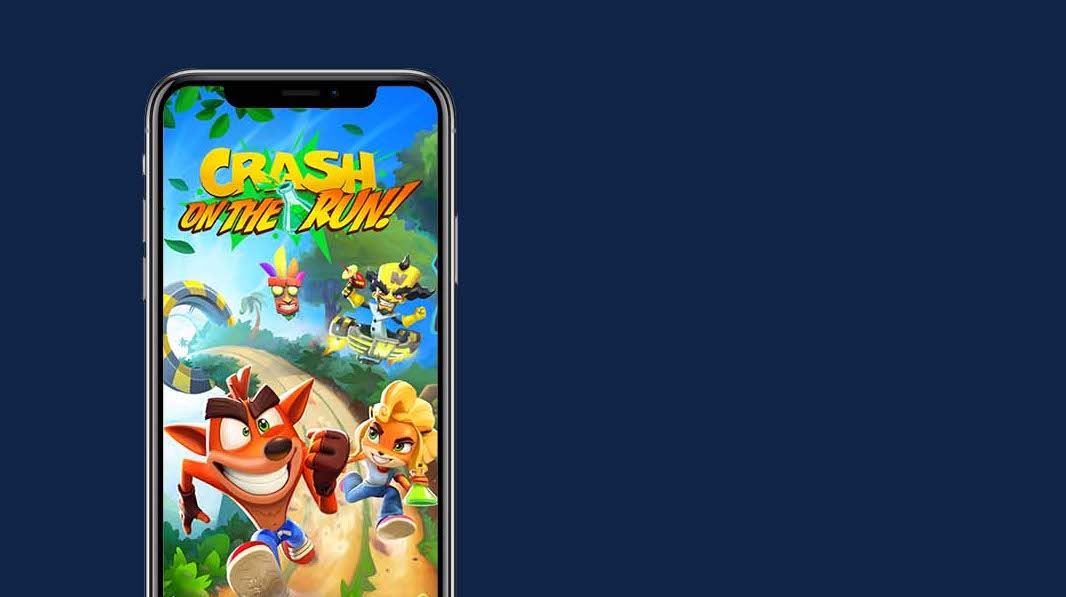The ride hailing app 99 – Private Driver and Taxi, which shares the same Chinese parent company, Beijing Xiaoju Technology, as DiDi - Rider, has surpassed 100 million downloads globally. It was launched in July 2012 on Google Play and in August 2012 on iOS and surpassed its first major milestone of 50 million cumulative downloads in June 2019. It was particularly impressive that 99 Taxis reached the 100 million global download milestone in under 2.5 years since then.
As cryptocurrency has continued to rise in popularity, there’s been an acceleration of new and growing apps with capabilities to buy, store and sell crypto. This has also led to larger fintech providers adding crypto capabilities. For example, _PayPal_ launched its super app last month with new features to buy and sell crypto. Additionally, _Robinhood_ recently piloted a crypto wallet this month - which already has a waitlist of one million customers - as bitcoin becomes a larger part of its core business.
A Multiplayer Online Battle Arena (MOBA) game, according to App Annie’s Game IQ, originally published by Riot Games (Tencent), League of Legends: Wild Rift has surpassed the major milestone of seeing over $150 million in consumer spend across the world as it marks one year of its global rollout. The game first launched in October 2020 as a regional open beta in key markets across Asia Pacific such as Japan, South Korea and Southeast Asia. The rollout further expanded to the Americas, Europe, Middle East and Russia in March 2021 before finally being released in China in early October 2021.
Piccoma, published by Kakao Japan Corporation, launched in 2016, and has achieved monumental success by surpassing the $1 billion milestone, 1 of only 15 non-gaming apps globally to do so to date (October 10, 2021). This is particularly impressive because all of its consumer spend came from one market: Japan. Japan is one of the world’s most lucrative mobile app markets for monetization with the highest monthly consumer spend per device.
Meituan Waimai, a food delivery app published by Sankuai Technology Company, has surpassed 100 million app downloads across iOS and Google Play worldwide. Meituan Waimai was released on Nov 19, 2013 on iOS and July 18, 2017 on Google Play. In addition to delivering international cuisines ranging from specific fast food partners such as Pizza Hut and KFC as well as local favorites such as barbecue and hot pot, Meituan Waimai also delivers soda drinks, fresh fruits, pharmacy items, and supermarket groceries.
How much free time does the average working person have per day? Let's say she gets home from work at 6pm, then prepares something to eat. If she goes to bed at 11pm, that leaves around four hours in the evening. Add in some time on the commute and at lunch, and we might say the average working person has just over five hours of leisure time a day. In some markets you're probably spending all of that time in apps.
Labor Day marks the unofficial end to the summer travel season in the US, and 60% of Americans reported travel plans according to Cars.com, up 17% year over year. 9.2 million consumers hit the skies during the Labor Day holiday weekend, while cars.com reported more than 20% canceled flights and chose to drive amidst concerns over the delta variant. While global regions still face varying levels of pandemic safety regulations and Delta variant precautions, data shows travel and navigation apps surpassed 1.1 billion downloads from May to Aug 2021,
The 2020 Tokyo Olympics are games like no other. With Covid restrictions in place and fans barred from the stadiums, the need for mobile apps to stay connected with favorite athletes and watch competitions has skyrocketed. Since the opening ceremony on July 23, Olympic-related apps have seen significant bumps in downloads as fans from around the world tune in to cheer on their home country. The Olympics have traditionally drawn large crowds of spectators. The 2016 Games in Rio de Janeiro drew over 500,000 in-person spectators
As some markets begin opening back up, we’ve seen early indications of industries on the road to recovery. We’ve also seen signals on what consumer behaviors are here to stay. We’ve taken a look at the mobile app categories experiencing the biggest growth in Q2 2021 compared to pre-pandemic times (Q4 2019) by downloads, consumer spend and time spent — an indication of which apps are in demand, most used and most valued.
Mobile gaming is driving the entire global gaming market with consumer spend set to surpass $204 billion in 2021 across mobile, console, handheld and PC/Mac gaming. Top grossing games like _ROBLOX_ and _Genshin Impact_ feature cross-play features demonstrating that cross-platform connectivity and the ability to share progress and play across different platforms are not just novelties, they may prove essential for long term growth.
Amazon Prime Day has officially announced Prime Day for June 21 and 22, 2021, and consumers are already gearing up for _Amazon’s_ biggest shopping day of the year. Digital commerce has increased immensely over the past year and is on track to surpass $11 trillion in sales in 2021 — _Amazon_ alone added 50 million Prime subscribers during the pandemic due to the closure of brick and mortar stores.
As pandemic restrictions loosen and indoor dining reopens at greater capacities, the convenience of food and grocery delivery is expected to remain a key part of consumers’ daily lives. Globally, we’ve seen weekly active users of top food delivery apps increase significantly in the weeks pre-pandemic to our new normal today.
As European football continues to expand its international footprint, leagues are exploring ways to create expanded fan engagements outside of the arena. English and European clubs presented a 28.9 billion euro market opportunity prior to pandemic shutdowns. Today, mobile presents a valuable opportunity for viewing games, team communications and engaging experiences such as timely promotions and gamified experiences.
Southeast Asia is a major region for mobile gaming growth — with markets seeing up to 55% growth in consumer spend. Vietnam is a major market in terms of both being home to a stronghold of mobile apps and game publishers as well as having a heavily mobile-first consumer base.
In 2020, top Star Wars mobile games saw over a 900% increase in downloads on Star Wars Day. Today, Disney+ will be releasing Star Wars: The Bad Batch to coincide with Star Wars Day (“May the Fourth”) — an annual celebration of the franchise’s dedicated fanbase. Last year, Disney+ released an eight-episode docuseries with behind-the-scenes footage from The Mandalorian.
If we live in an attention economy, then there's no doubt where people are currently directing their eyeballs. Our new data for Q1 2021 reveals that consumers are spending more time than ever in apps – and the surges in some countries have sent daily dwell times past five hours. In a stay-at-home year for billions of people, the app habit grew stronger in all markets analysed. The global average time spent was 4.2 hours a day, up 30% compared to two years prior. In Q1, daily time spent passed four hours in the US, Turkey, Mexico and India for the first time. In Brazil, South Korea and Indonesia, it was more than five hours.
Estimates show that around 22.2 million jobs were lost during the pandemic. That said, the recent Labor Department reports have shown a resurgence in hiring, particularly in industries like retail and restaurants as businesses begin to re-open with easing lockdown measures. This influx of people looking for new jobs during the pandemic has sparked a greater need for virtual hiring and recruitment through mobile apps. As a result, the increased demand has brought about new platforms that have an all-in-one approach for hiring, with an emphasis on features such as video interviews. Traditional platforms such LinkedIn and Indeed are also seeing significant growth. Linkedin and Indeed saw 25% and 20% quarter-over-quarter global download growth in Q1 2021, respectively, to date (Mar 28, 2021). For example, our State of Mobile report found that LinkedIn ranked second for apps most likely to be used by Millennials in 2020.
Crash Bandicoot: On the Run has launched across iOS and Google Play worldwide on Mar 25, 2021. In just one day, the game has garnered over 9.1 million downloads in the top 8 markets alone including the US, Brazil, Mexico, Italy, Russia, France, Germany and Spain. The game saw 2.6 million downloads in the US alone, ranking #1 Overall by downloads across iOS and Google Play.
The pandemic has significantly increased the demand for at-home fitness, so much so that health and fitness app downloads increased 30% in 2020. Not only are consumers spending more time working out at home, but they are looking for new, interactive ways to keep moving. And many have turned to connected devices to keep moving. In fact, within the top 10 IOT (Internet of Things) and fitness tracking apps, we've seen download growth in the triple digits from Strava and Nike Training Club — the latter offering access to premium features for free during the height of the pandemic — a change they made permanent in July 2020.
The average mobile consumer has an increased number of apps downloaded on their mobile device. In H2 2020, the average consumer had 110 apps installed, an increase from 87 apps during the same period 2 years ago. The pandemic accelerated this behavioral change hitting a peak in hours spent during H1 of 2020 (when lockdowns were at their peak). Time spent in apps remains high even as many consumers are now able to venture out in a post-lockdown period.







